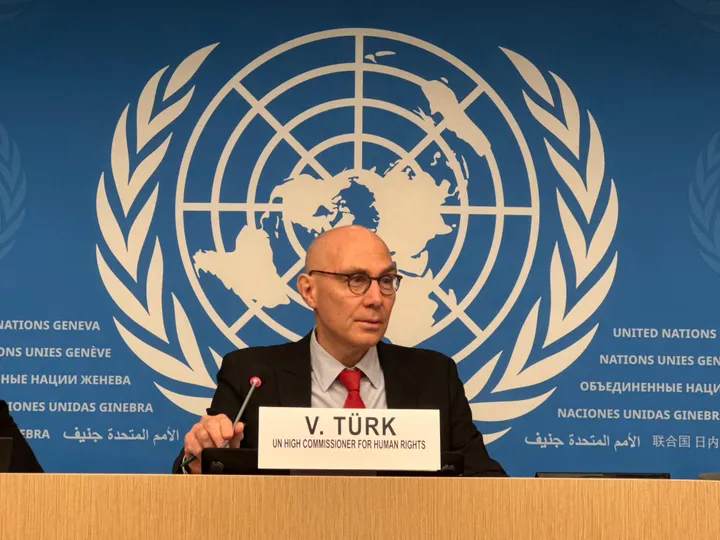The United States has quietly abandoned a pipeline project that would supply gas from Israel to Europe through Greek-administered Cyprus.
According to a report carried by Middle East Eye, the US government conveyed its decision about the Eastern Mediterranean project this week by submitting a non-paper to Greece spelling out its reasons.
The project is a "primary source of tension" as it is "destabilising" the region by putting Turkiye and regional countries at odds, the US communication explained, according to Greek media.
A non-paper refers to unofficial diplomatic correspondence.
Speaking anonymously to Middle East Eye, a Greek diplomat described the media reports as exaggerations.
READ MORE: The Eastern Mediterranean dispute: is there light at the end of the tunnel?
ERT, a Greek public broadcaster, claimed that the US non-paper gave three reasons why it was no longer in favour of the project: environmental concerns, lack of economic and commercial viability, and creating tensions in the region.
Not 'feasible'
Turkiye and Turkish Republic of Northern Cyprus opposed the project in 2020 after Greece, Israel and the Greek Cypriot administration inked a deal to build a 1,900-kilometre natural gas pipeline in the Eastern Mediterranean, passing through disputed maritime territories claimed by both Ankara and Athens.
The project was strongly supported by the Trump administration.
Washington on Sunday changed that policy, saying that the US was shifting its focus to electricity interconnectors that can support both gas and renewable energy sources.
After media reports on the non-paper, the US said it is still "committed to physically interconnecting East Med energy to Europe".
“We support projects such as the planned EuroAfrica interconnector from Egypt to Crete and the Greek mainland, and the proposed EuroAsia interconnector to link the Israeli, Cypriot and European electricity grids," the US State Department said in a statement.
Ankara has emphatically maintained its position that Israeli gas could only be sold to Europe through Turkiye.
On Tuesday, officials in Turkiye welcomed the US statement on the project.
“US officials never thought this project was feasible,” a Turkish official told Middle East Eye, “We knew that they didn’t support it.”
READ MORE: Turkey: Drilling activities may expand in east Mediterranean























